You have been redirected to EU
Would you like to shop the EU store?

You're Cart is empty!
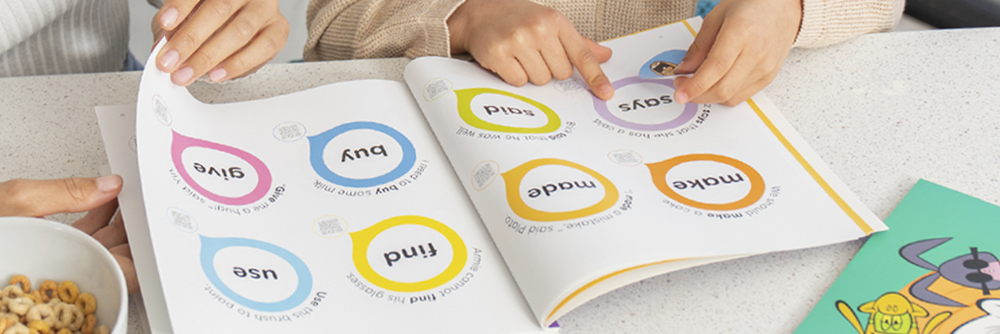
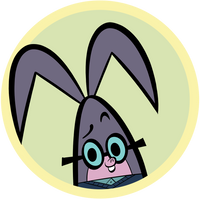 High-quality workbooks
High-quality workbooks
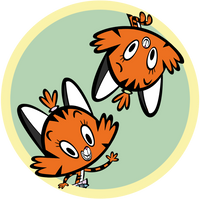 Best-selling card games
Best-selling card games
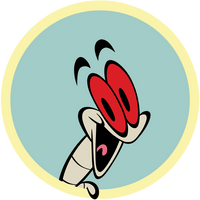 Print at home worksheets
Print at home worksheets
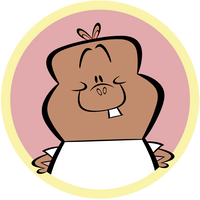 Full of our hilarious characters
Full of our hilarious characters
Empower kids with the confidence to meet lifelong reading challenges and do better in school. We take challenging words and bring their meanings to life through illustration, transforming dry dictionary definitions into something colorful and fun.
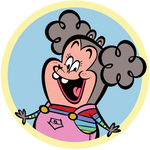

If you think “Systematic Synthetic Phonics” doesn’t sound like the best time of your life, think again. Blah Blah Blah is the hilariously fun and effective phonics card game for ages four and up. It’s fast-paced, it’s silly, and it’s highly competitive. The game was developed with teachers and phonics experts and is aligned to the National Curriculum, making it the perfect tool for young readers! But for those of you genuinely interested in “Systematic Synthetic Phonics”, take a peek at our overview of the Science of Reading.For ages 4-7We make phonics fun! Readiculous teaches kids to read with the science of reading in just 10 minutes a day. The game, endorsed by literacy experts and grounded in scientific research, is designed to engage kids to learn to read through exciting mini-games. Readiculous engages kids to learn the sounds that go with each letter/spelling in a logical progression. As with most new things, repetition is the key to success. This is where we come in, we make learning ridiculously fun (pun intended) by designing reading games for maximum entertainment and educational value. Players learn 2x faster than traditional methods with just 10 minutes of daily play, reflected in personal progress reports showcasing which sounds, letters, and words they’re working on. Readiculous combines fun gameplay with educational content, tailored to support various needs.Note: 3 months of Readiculous Video Game is a non-cumulative promotion limited to one per customer.



Discover 33 story kits, complete with illustrations, writing prompts, targeted questions for story planning, and curated vocabulary lists. This is writing, made easy! Whatever sparks your imagination, whether it's eerie detective mysteries or intrepid space missions, you'll find inspiration here.For ages 7-9 Word Tag® Combines Game-Based Learning and Fun Into One Outrageously Effective App Rated 4.8 stars on the app store, Get the app that’s 100% fun, 100% learning, 100% GAME! Watch as your kids play their way to improved vocabulary test scores Word Tag is an engaging educational app designed to improve children's vocabulary through exciting mini-games, enhancing their reading and comprehension skills. The game, endorsed by literacy experts and grounded in scientific research, utilises spaced repetition to effectively teach new words, with each game reinforcing the learning process. Players can learn up to 1,000 words annually with just 20 minutes of daily play, reflected in personal progress reports showcasing their learning journey from synonyms to contextual word usage. The app combines fun gameplay with educational content, tailored to support various needs, including creative writing, literature, exam preparation, and STEAM vocabulary. Note: 3 months of Word Tag Video Game is a non-cumulative promotion limited to one per customer.
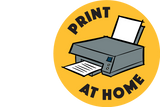



Gather three or more pals to play Storyteller's Card Game and get competitive with creativity. Struggling to write the first sentence of your future best-selling novel? Have writer's block writing the final chapter of your Nobel prize-winning story? This card game features 300 hilariously illustrated word cards and 200 story prompts that boost vocabulary and take your storytelling to the next level. Play the game, or use the word deck as flashcards to enhance your learning a little extra! Surprise yourself with the stories you can tell. For ages 7-11 Word Tag® Combines Game-Based Learning and Fun Into One Outrageously Effective App Rated 4.8 stars on the app store, Get the app that’s 100% fun, 100% learning, 100% GAME! Watch as your kids play their way to improved vocabulary test scores Word Tag is an engaging educational app designed to improve children's vocabulary through exciting mini-games, enhancing their reading and comprehension skills. The game, endorsed by literacy experts and grounded in scientific research, utilises spaced repetition to effectively teach new words, with each game reinforcing the learning process. Players can learn up to 1,000 words annually with just 20 minutes of daily play, reflected in personal progress reports showcasing their learning journey from synonyms to contextual word usage. The app combines fun gameplay with educational content, tailored to support various needs, including creative writing, literature, exam preparation, and STEAM vocabulary. Note: 3 months of Word Tag Video Game is a non-cumulative promotion limited to one per customer.
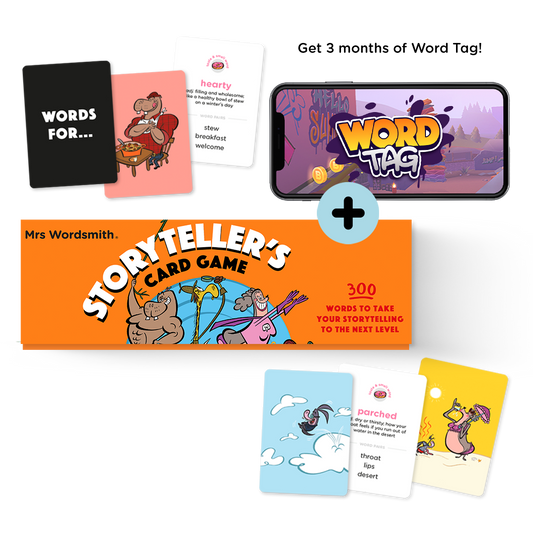
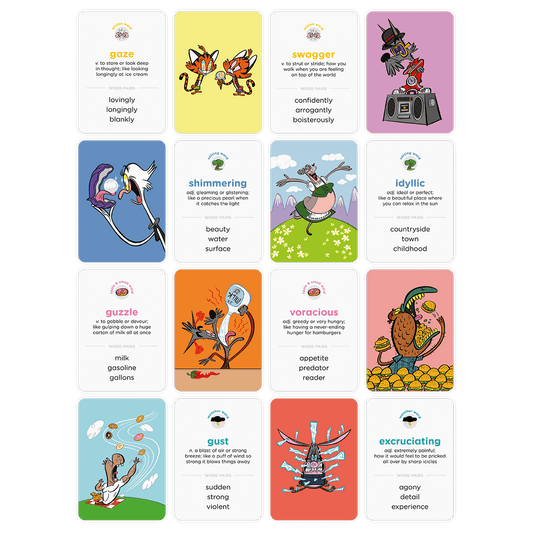

180 pages of hilariously illustrated words to prepare you for whatever life throws at you. This daily word workout builds vocabulary, while introducing you to concepts that extend way beyond language. From basic math to science and technology, via valuable life lessons around emotions, inclusivity, tolerance, and respect, this daily wonder is designed to bring big ideas to the breakfast table. Ages 5-8We make phonics fun! Readiculous teaches kids to read with the science of reading in just 10 minutes a day.The game, endorsed by literacy experts and grounded in scientific research, is designed to engage kids to learn to read through exciting mini-games. Readiculous engages kids to learn the sounds that go with each letter/spelling in a logical progression. As with most new things, repetition is the key to success. This is where we come in, we make learning ridiculously fun (pun intended) by designing reading games for maximum entertainment and educational value. Players learn 2x faster than traditional methods with just 10 minutes of daily play, reflected in personal progress reports showcasing which sounds, letters, and words they’re working on. Readiculous combines fun gameplay with educational content, tailored to support various needs.Note: 3 months of Readiculous Video Game is a non-cumulative promotion limited to one per customer.


For our younger readers, it's important to build phonemic awareness -- this is the ability to identify and manipulate the individual sounds that make up speech. A good way to work on phonemic awareness is with reading worksheets for beginners that ask kids to identify the first phoneme in a word, or with rhyming activities that help kids understand how phonemes differ. Develop phonemic awareness further with activities that teach kids to blend and segment individual sounds in spoken words.
Once your child has mastered phonemic awareness, the next step on their learning journey is phonics – the process of systematically mapping phonemes (speech sounds) onto graphemes (letters and letter combinations). Through systematic synthetic phonics instruction, our fun reading worksheets teach kids the sounds that different graphemes make in a structured way, progressing from the most common to the rarest. At this stage, kids will also learn the different ways in which a sound can be spelled.
To help your child through these stages, check out reading worksheets from Mrs Wordsmith that help boost phonics skills and recognition of high-frequency words, or work through our growing collection of reading comprehension workbooks that holistically approach reading at the grade level best suited to your child. Get started with our Foolproof Phonics early literacy worksheets and Sight Words sticker books to get your child on the path to reading, and take hilarious brain breaks with our Blah Blah Blah Phonics Card Game.
We also offer worksheets to help with reading fluency, like our Sight Words printable for young kids, or our Reading Comprehension Vocabulary worksheet for older kids. Fluent readers move through texts at a fluid pace, while simultaneously feeling and comprehending the meaning of the text. Our books and worksheets help kids actively enjoy reading. We know that even slightly older readers who lack fluency are often still struggling with decoding, which may impact their reading progress at school.
You can also help kids work on their vocabulary with one of our hilariously illustrated Word a Day books. These books focus on the words that kids need to know for school, and present them within a relevant context. Context helps kids better understand what each word means, how it relates to the world around them, and how it is used. Building context around a new word helps kids better retain this word in memory.
Wherever your child is on their reading journey, these expert-designed reading comprehension-boosting worksheets, workbooks, games, and books are guaranteed to give them the tools they need to become great readers.
Chat with Mrs Wordsmith
Hello, and welcome to Mrs Wordsmith support.
How can I help you today?
I can help you with:
